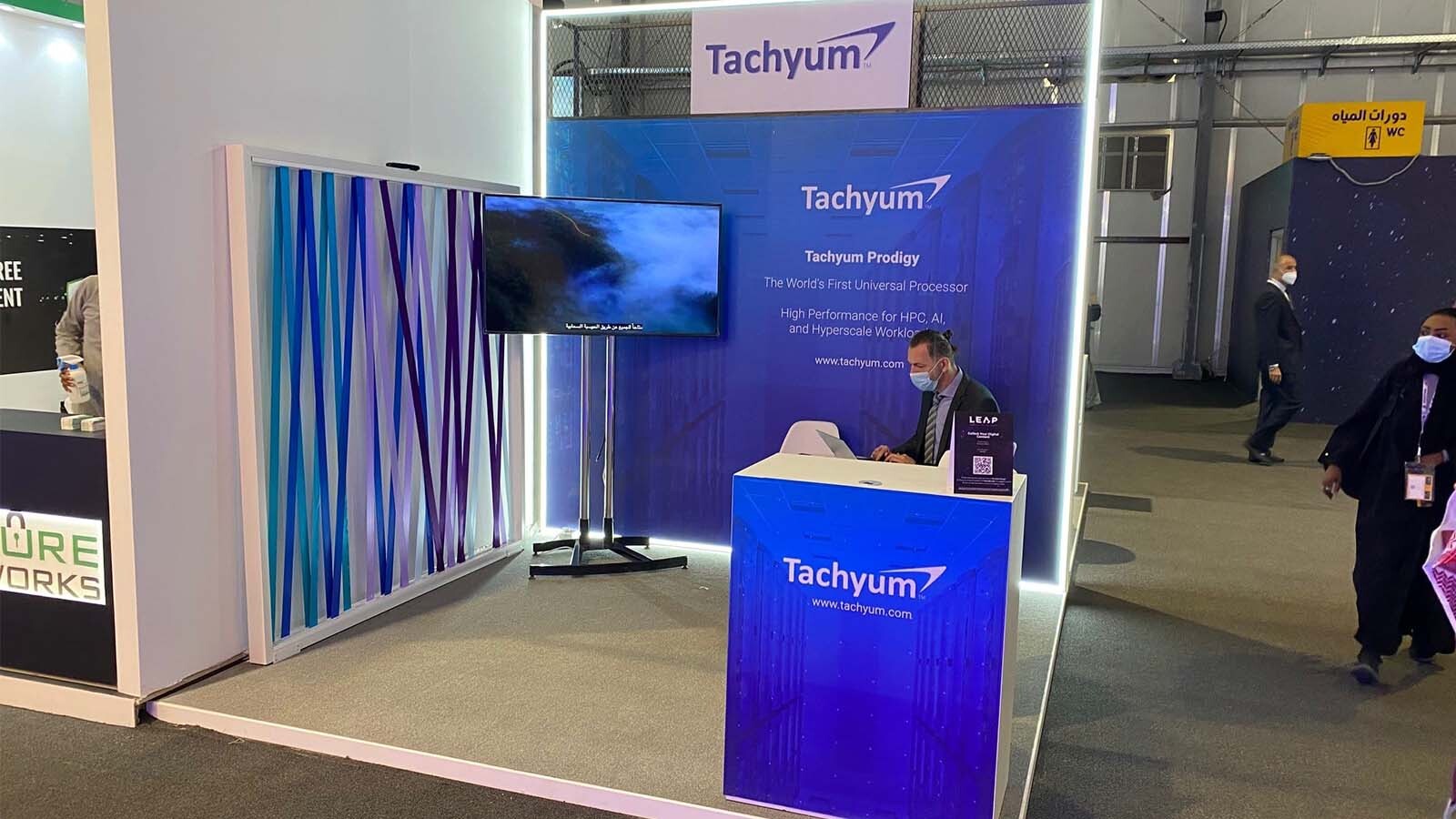A German-language version of Tachyum is now live to help the country prosper in the technology, supercomputing and data center markets.
“At the heart of our corporate philosophy has always been the concept of thinking globally, acting locally,” said Dr. Radoslav Danilak, founder and CEO of Tachyum. “By launching another regionalized version of our website, we are holding true to this concept by ensuring that our message reaches people in the method that promotes the best understanding while also targeting localized markets that can benefit from the power efficiency and performance capabilities of Prodigy.”
As it joins the leading automotive industry, where autonomous driving was recently approved, Germany will now join autonomous vehicle abilities currently enjoyed by other regions, such as Tesla, a recent press release states.
Prodigy assists a group of “hyper scale, OEM, telecommunication, private cloud and government markets.” Serving as the company’s most recent global extension, Tachyum’s website launch is intended to help facilitate customer and partners’ access to the company’s Prodigy Universal Processor, designed to enhance the abilities to hyper-scale, HPC and manage AI workloads. It is hosted on the Tachyum-owned software, the Prodigy Universal Processor.
According to the release, the semiconductor company with derivatives from Europe has made large contributions to the digital and technological advancement of the European Union, which continues to be heavily reliant on non-European chip suppliers, making up only 10% of the global fabrication market.
Through its use of standard programming systems, Tachyum’s Prodigy processor has the capacity to run various types of artificial intelligence, HPC applications, rising neural networks and data center workloads, among other functions.
Its processor, set at lower frequencies than many others, will help decrease power consumption, cut data-center produced carbon emissions and save billions of dollars for conglomerates like Google, Facebook, Amazon and Alibaba. Impacting a broad range of industries, the system steers clients away from the use of CPU, GPU and TPU hardware, which is said to result in longer, harder and pricier supply and maintenance infrastructures.
German companies also working to develop a European semiconductor research strategy include Fraunhofer-Gesellschaft, Jülich Supercomputing Centre, the Swiss National Supercomputing Centre (CSCS), Leibniz Supercomputing Centre (Leibniz-Rechenzentrum) and the Max-Planck Computing and Data Facility.

